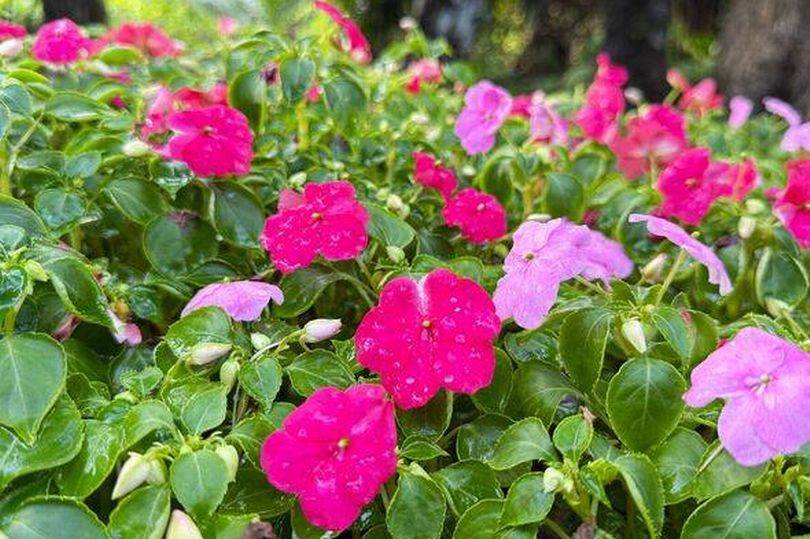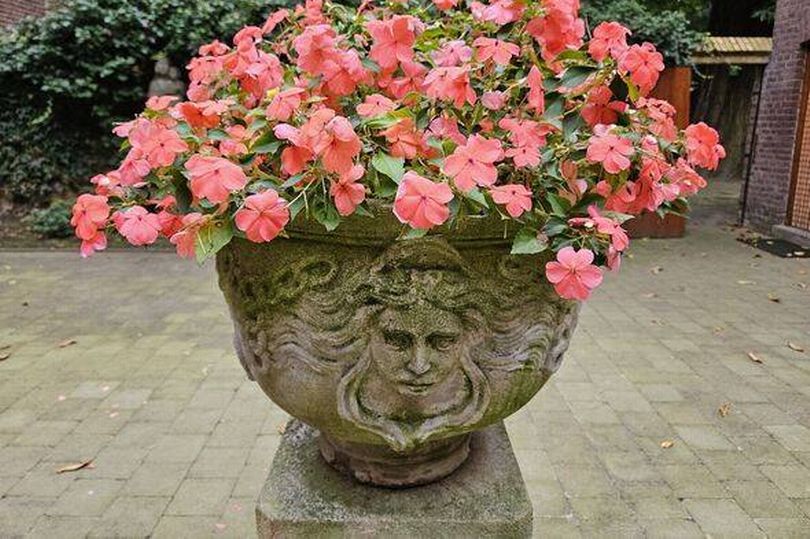Geraniums are undoubtedly gorgeous, yet they can require a lot of attention.
They need regular pruning
To stop them from growing too tall and spindly, and removing spent flowers is crucial for their well-being.
They similarly flourish under bright sunlight.
,
However, if your garden doesn’t have quite enough light,
, do not fret since there are alternatives that boast equally vivid colors yet require less upkeep.
You might want to think about changing to a similarly beautiful but less strenuous plant, such as impatiens.
reports Daily Express UK.
READ MORE:
Complete roster of Walmart outlets scheduled for comprehensive revamp with 650 preparing for refurbishment
READ MORE:
You could receive $5,108 per month from Social Security by using this age strategy.
Impatiens
Available in two types — common impatiens and New Guinea impatiens.
Neither variety needs deadheading since they maintain themselves, which makes caring for them considerably simpler compared to managing geraniums.

Impatiens are shade-tolerant flowers that continue to blossom consistently even under low-light conditions, ideal for an obscured American garden space.
The New Guinea type requires slightly more sun exposure yet can thrive even when shaded. Should you locate them in a bright area, ensure they receive regular watering.
Each of these types thrives nicely when planted in pots, hanging baskets, or directly in your garden beds. They only need soil that stays consistently damp yet allows for proper drainage.
To achieve optimal development, transplant them in early spring after the risk of freezing temperatures is over.
Should you choose to cultivate them in containers, make sure these pots feature drainage holes to prevent waterlogging, and maintain their moisture levels during scorching, arid conditions.

Impatiens may wilt when exposed to high heat; thus, it’s crucial to inspect the soil moisture levels regularly and provide ample watering whenever the earth feels completely dried out.
Nevertheless, they can develop root rot, so water carefully — excessive watering could impede their development.


